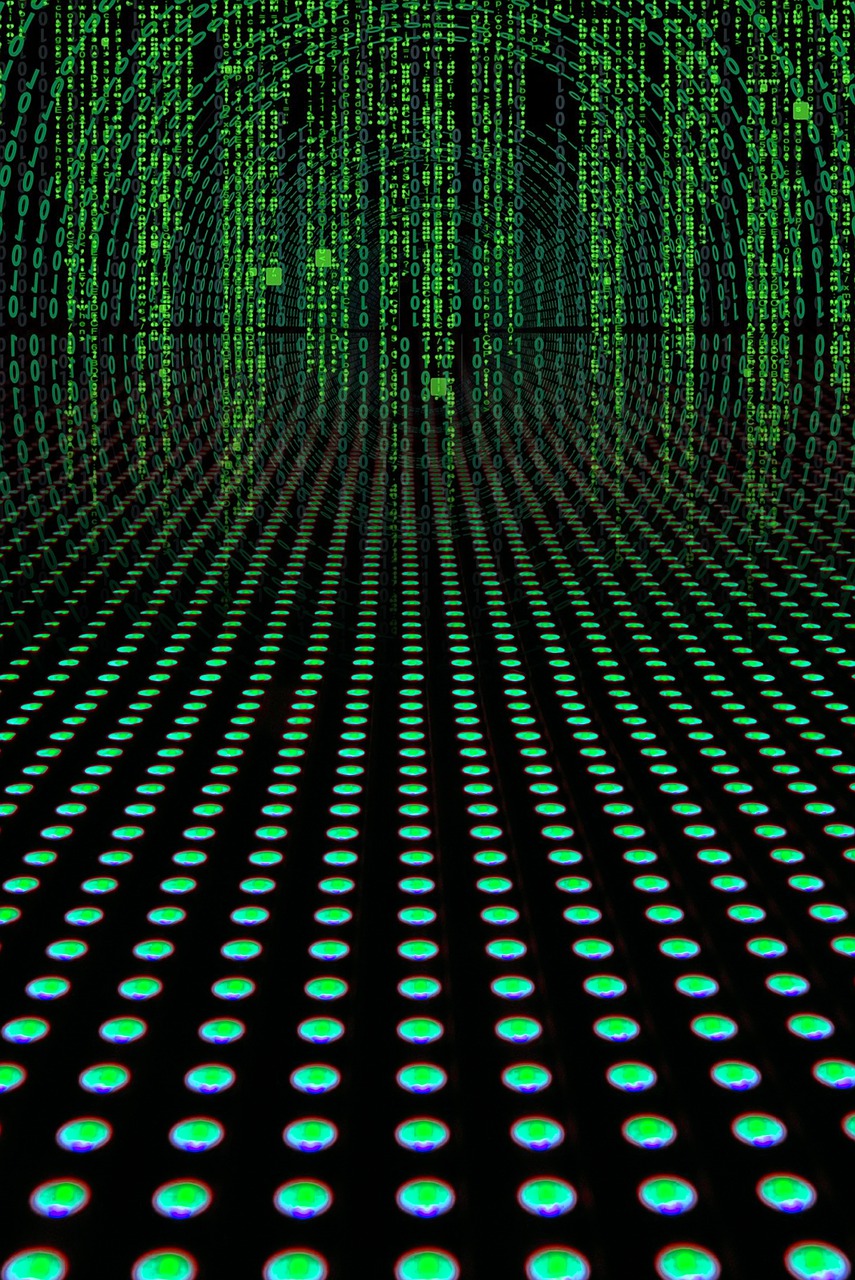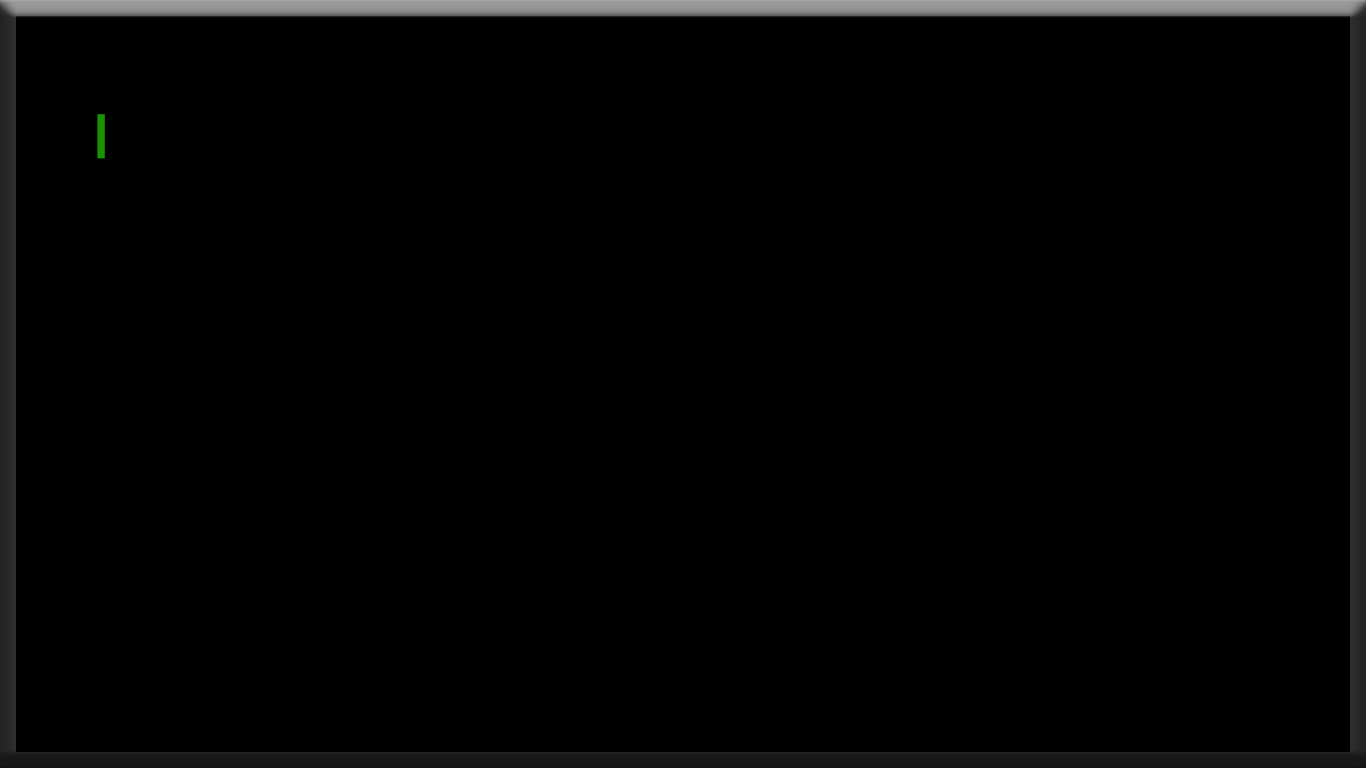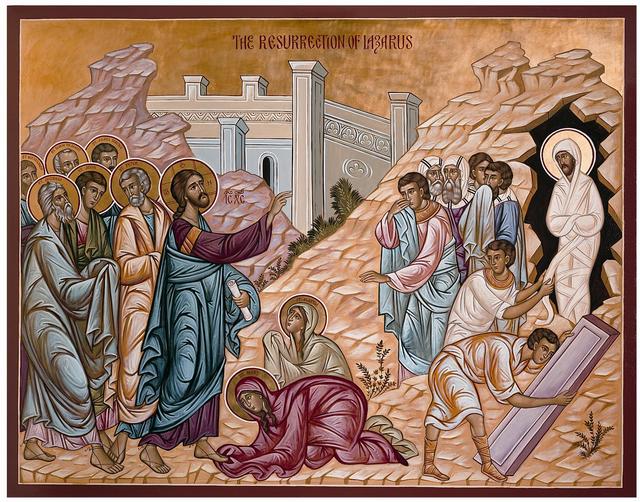welcome to ...
the real world
I'm trying to free your mind, Neo. But I can only show you the door. You're the one that has to walk through it.
Use this button to return ...
The red pill represents the doorway into another world. It is a quest for truth, no matter what the discovery of that truth may mean to one’s previously held frame of reference.
The red pill represents epistemological humility, that is, the understanding that not everything that I thought I knew to be true, may actually turn out to be so.
It is a step of faith. It is recognizing that faith, by definition, contains uncertainty.
This part of my website contains poetry, philosophy, quotes and questions that are my attempt to embrace the beauty of the uncertain and wrestle with the unknown. It may not be for everyone, and I am okay with that.
If the subjects discussed here do not sound interesting or enjoyable for you, please feel free to use the button above to return to the “thinkingoutlaud” website.
When I consider your heavens,
the work of your fingers,
the moon and the stars,
which you have set in place,
what is mankind that you are mindful of them,
human beings that you care for them?
Psalm 8:3-5
In corporate worship we stretch our imagination and retrain our affections. We open ourselves up to how the world could be. We are introduced to a vision of the world set right, restored, redeemed. We are invited into a place where it is safe to live out our design to reflect the image of God.
undone
I am a novice explorer on a limitless frontier.
quotes and remarks
In the quote below, Willard is trying to put words to an experience that most people have without ever putting words to it. He is trying to illustrate how our thoughts can be part of a creative process, a process that includes “words” but the words are so intuitive, they seem to reside in our subconscious, and are used with a seemingly effortless creative power called the imagination. This is how our words “create.” And for God, His Word brings into existence a whole entire Universe.
from “Hearing God: Developing a Conversational Relationship with God” by Dallas Willard –
“If I ask you to think of a kitten, you do so immediately, without first thinking, “How shall I think of a kitten?” for that makes no more sense than asking, “How shall I move my little finger?” This all goes to make the following point. Here, in this restricted range of direct action, God has given us a power that, so far as our conscious control is concerned, is as immediately creative as his own. A realization of how our own thoughts (inner words) translate themselves into an act of creation is absolutely vital if we are to gain any concrete sense of God’s rule through his word. Only if we have some understanding of what it means for his word to act will we have any grounds for believing that God can have a personal, guiding relationship with us.”
Creativity taps into the very core of what it means to be human beings created in the image of God. The fact that the human mind can conceive of something that has never before existed is quite incredible. But there is a danger inherent within this power. If the human mind can conceive of something that has never before existed, it is capable of not only creativity, curiosity, and the beauty of imagination, but also the fear of the unknown, and the conception of things that are not true, and then misconception that such things may, in fact, exist. Therefore creativity may become the source of great hope and faith, but also fear and dread and lies and confusion and all that comes with those curses.
I wonder if the reason that many Christians struggle to integrate their Christian worldview into areas such as medical ethics, politics and the environment, is because they have inadvertently adopted a practice of Christianity that is in actuality a syncretistic blending of the Christian message and values drawn from the American meta-narrative.
If the next generation of Christians fail to apply a Christian worldview to there views on bioethics, perhaps the failure lies in previous generations practicing a syncretistic Christianity, rather than seeking to integrate Christianity into bioethics, and other segments of life, culture, and society.
better off dead?
From The Divine Conspiracy
“Such is the understanding of the New Testament as a whole. Those who live in reliance upon the word and person of Jesus, and know by experience the reality of his kingdom, are always better off “dead,” from the personal point of view. Paul’s language is, “to die is gain” (Phil. 1:21). And again: “To depart and be with Christ is very much better” than to remain here (v. 23). We remain willing, of course, to stay at our position here to serve others at God’s appointment. But we live in the knowledge that, as Paul elsewhere says, “Jesus the Anointed has abolished death and has, through the gospel, made life and immortality obvious” (2 Tim. 1:10).”
kingdom eschatology
Dallas Willard and Eschatology:
In what I have read of Dallas Willard, he does seem to steer clear of “systematics” and the terms and discussions that often result in division, but I think that I see his eschatology threaded through everything I have read by him. But I think he chose to use the terms, themes and concepts as presented in Scripture.
Every time he discusses and develops the concepts of “Kingdom”, whether it is the Kingdom of God, or our own individual “kingdoms” (Divine Conspiracy), and the concept of our “ruling and reigning”, he is drawing on his eschatology. It is not eschatology as in a systematized discussion of the end times, but the, perhaps more biblical concept of the “last things”, the goal toward which all of human history is moving.
Looking at the two quotes below, and the way he seems to understand Revelation 22:5, I think, in a sense, his eschatology is continually on his mind, driving all he says and does, and threaded into everything he writes.
In Renovation of the Heart, on page 151, he writes, “BUT WE ARE NOT done yet! Beyond contentment lies intelligent, energetic participation in accomplishing God’s will in our world. We are no longer spectators, but are caught up in a vivid and eternal drama in which we play an essential part. We embrace our imposed circumstances, no matter how tragic they seem, and act for the good in a power beyond ourselves. “We are reigning—exercising dominion—in life by One, Christ Jesus” (Romans 5:17, PAR), looking toward an eternity of reigning with God through ages of ages (Revelation 22:5).”
On page 218, he writes, “God’s purposes for human history, as set forth in the Bible, are of course quite another matter. According to the biblical picture, the function of human history is to bring forth an immense community of people, from “every nation and tribe and tongue and people” (Revelation 14:6), who will be a kingdom of priests under God (Revelation 1:6; 5:10; Exodus 19:6), and who for some period of time in the future will actually govern the earth under him (Revelation 5:10). They will also, beyond that, reign with him in the eternal future of the cosmos, forever and ever (Revelation 22:5).”



